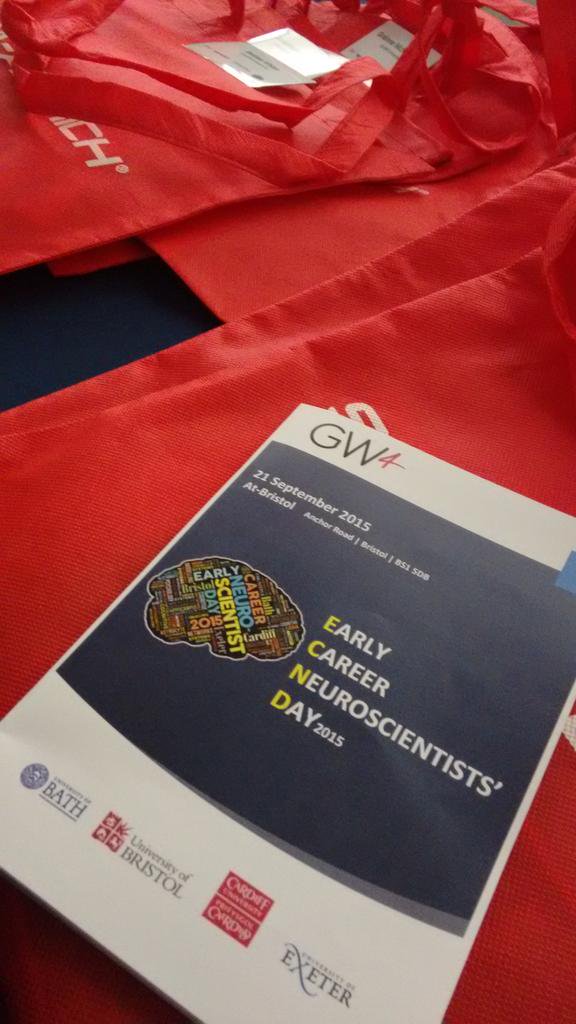Our PGR Ventures Fund supports grassroots innovation, creativity and leadership in the University of Bristol’s postgraduate researcher community.
This year, the Literary and Visual Landscapes Seminar Series received funding from the Ventures Fund and the School of Modern Languages to host a half-day symposium on the theme of ‘Disrupted Landscapes’.
The Literary and Visual Landscapes team took some time to tell us about the event’s success.
Our Disrupted Landscapes Symposium, which was held on 14 June, was an opportunity for postgraduate researchers from all disciplines to explore the concept of ‘disrupted landscapes’ across all geographical and chronological time spans.
In our call for papers, we invited speakers to explore the concept of landscapes in both the traditional sense — as geographical and pastoral spaces — and also as figurative sites of conflict and uncertainty.
We also encouraged speakers to question the dual relationship between humans and their environment. For example:
- What does it mean for a landscape to be ‘disrupted’?
- How might we measure this?
- How might a ‘disrupted’ landscape affect its inhabitants, and how might these individuals contribute to the disturbance of their physical surroundings?
The greatest success of the symposium was how our broad call for papers brought so many different areas of research together, enabling us to really promote the interdisciplinary ethos of the Literary and Visual Landscapes Seminar Series.
The speakers came from our own postgraduate research cohort, including some new faces, as well as the University of Sheffield and Goldsmiths (University of London). Our audience was even more varied.
Our panels — ‘Disrupted Victorian Topographies’, ‘Digitised Landscapes’ and ‘Memorialising Landscapes’ — overlapped in more ways than we could have foreseen, such as Andy Day and Doreen Pastor’s discussions on memorials in the landscape, and Joan Passey and Sophie Maxwell’s references to the landscape paintings of J. M. W. Turner.
Tamsin Crowther kicked the afternoon off with a fascinating look at the anxieties of the Victorian suburbs, and Richard Stone commenced our final panel with a lively debate on the urban representation of Bristol’s connection to slavery.
It was exciting also to see how the papers linked back to our seminar series — particularly James Watts’s discussion of colonial landscapes.
Thank you again to the Ventures Fund for such a great opportunity to gain experience organising and coordinating a symposium and to meet so many great postgraduate researchers and learn about such a wide variety of projects.


